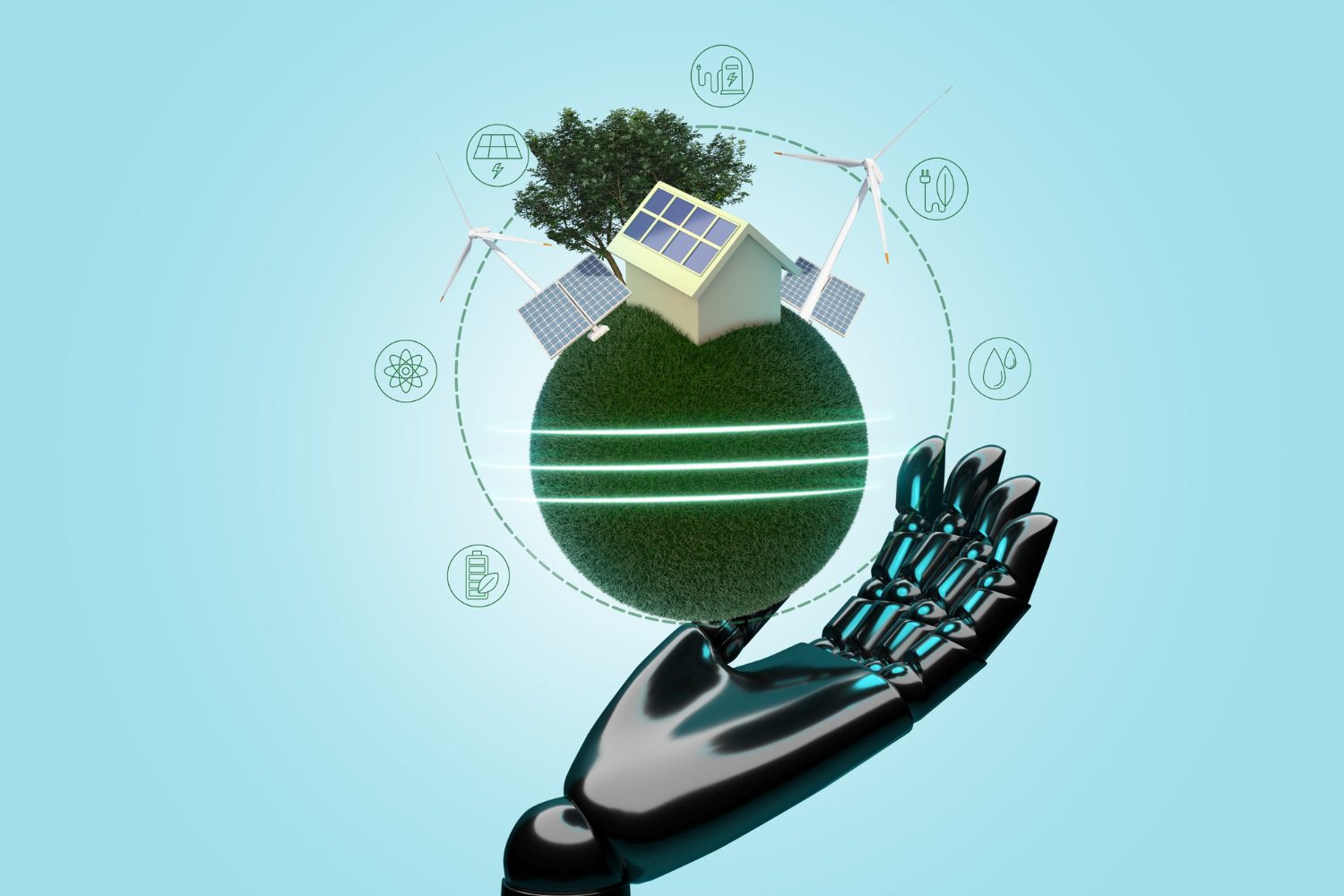How Reclaimed Foam Insulation Contributes to LEED Certification in Buildings
![]()
LEED (Leadership in Energy and Environmental Design) certification is a globally recognized symbol of sustainability achievement and leadership. It’s a framework for healthy, efficient, carbon and cost-saving green buildings. Reclaimed foam insulation, an eco-friendly material, plays a significant role in achieving LEED certification for buildings.
Understanding LEED Certification
LEED certification is based on a points system, where a building earns points for various sustainability measures across several categories. These categories include energy use, water efficiency, indoor environmental quality, and material use. The more points a building earns, the higher its LEED certification level, ranging from Certified to Platinum (U.S. Green Building Council).
The Role of Reclaimed Foam Insulation in LEED
Reclaimed foam insulation directly contributes to LEED points in several ways:
- Energy Efficiency: It significantly reduces energy consumption in buildings, a key factor in LEED’s energy and atmosphere category.
- Material and Resource Reuse: Using reclaimed materials earns points in the materials and resources category of LEED. Reclaimed foam insulation, being a recycled product, aligns well with this criterion.
Case Studies: Real-life examples include LEED-certified buildings that have utilized reclaimed foam insulation. For instance, the Brock Environmental Center in Virginia Beach achieved LEED Platinum certification, partly due to its use of recycled materials, including insulation. We have previously highlighted the use of reclaimed foam panels to achieve passive house certification in this blog.

Benefits Beyond LEED Certification
- Environmental Benefits: Using reclaimed foam insulation reduces landfill waste and carbon emissions.
- Economic Benefits: It offers cost savings in construction and long-term energy efficiency.
- Health and Safety Benefits: Improved indoor air quality and thermal comfort are potential benefits.
Challenges and Considerations
While reclaimed foam insulation is beneficial, sourcing it and ensuring it meets building codes can be challenging. Builders and architects must also ensure that the use of such materials aligns with LEED compliance requirements.
The trend towards sustainable building practices is growing, and LEED certification is at the forefront of this movement. The use of reclaimed materials, including foam insulation, is likely to become more prevalent as LEED criteria evolve to further emphasize sustainability.
Reclaimed foam insulation offers a viable path to achieving LEED certification, contributing to a building’s energy efficiency and sustainability. Its use aligns with the growing trend of eco-friendly building practices.
For more information on LEED certification and how reclaimed materials can contribute to it, visit the U.S. Green Building Council website. Consider reclaimed foam insulation for your next construction project to contribute to a more sustainable future.
Interested in contributing to a more sustainable future with your next construction project? Consider Green Insulation Group for your insulation needs. As a provider of high-quality reclaimed foam insulation panels, we can help you achieve LEED certification for your building while ensuring energy efficiency and environmental responsibility. Explore our range of reclaimed foam insulation solutions and join the movement towards eco-friendly building practices. Contact us to learn more and take a significant step towards sustainable construction.
